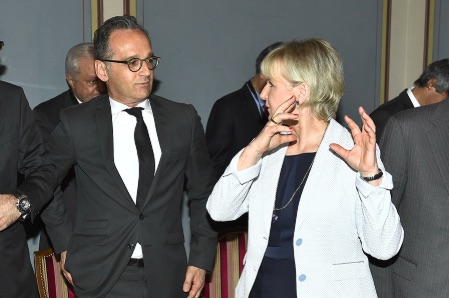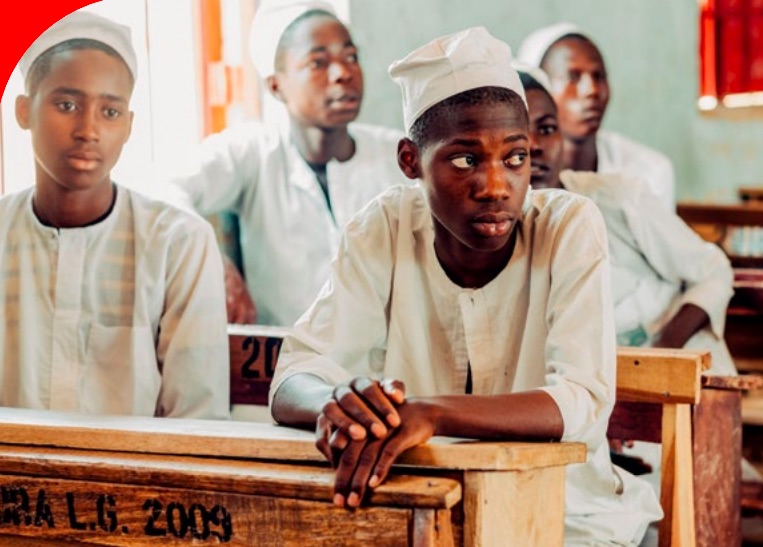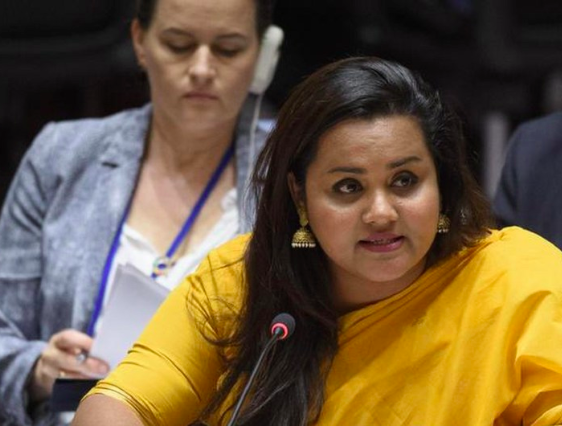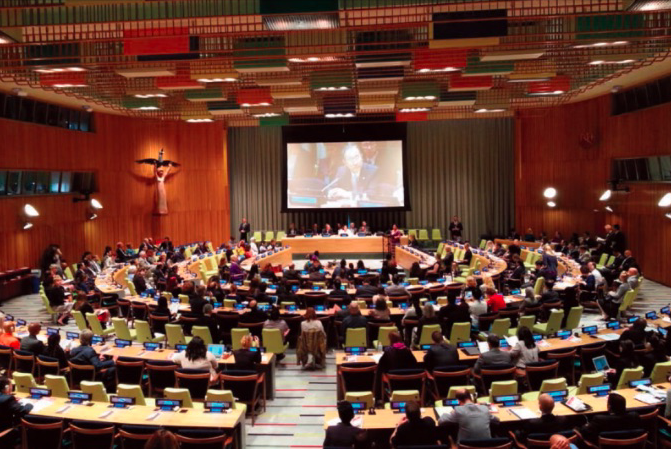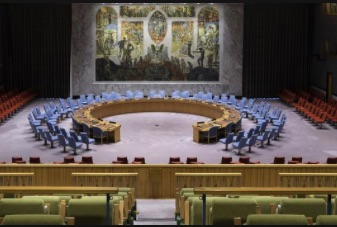EDUCATION FOR PEACE .
An announcement from the International Institute for Peace Education
The 2019 International Institute for Peace Education (IIPE) will be held in Nicosia, Cyprus at the Home for Cooperation (H4C) from July 21 to July 28, 2019. This year’s institute is organized in partnership with the IIPE Secretariat and the Association for Historical Dialogue and Research (AHDR).
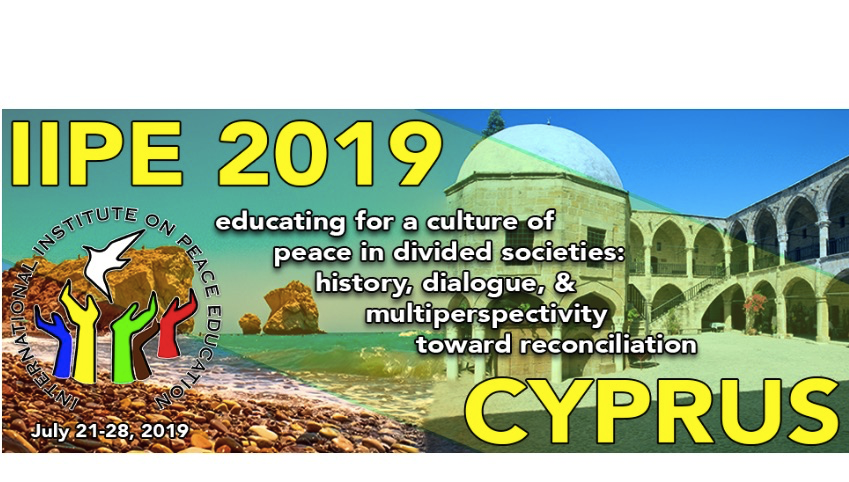
IIPE 2019: Cyprus will convene educators from around the globe for a week-long, residential, learning community experience in peace education. A rich exchange of peacebuilding research, academic theory, best practices, and actions will be shared with participants from around the world through IIPE’s evolving dialogical, cooperative, and intersubjective modes of reflective inquiry and experiential learning.
IIPE 2019 will focus on global issues of particular relevance to Cyprus and the adjoining region of the Mediterranean, North Africa, Southern Europe, and the Middle East – the intersection of Asia, Africa and Europe. This region is characterized on the one hand, by turmoil and tension, and on the other by the rich perpetual movements of people, ideas and experiences. While peoples’ past and present are presented in grey terms, their shared history(-ies) of coexistence, cooperation and exchange are often neglected in official discourses. In this context, recent developments with regards to war, terrorism, migration and refugedom have led to the creation of monolithic narratives and rigid identities. These excluding narratives perpetuate violent conflicts and structural conditions that limit opportunities for sustainable peace and development. IIPE 2019 will emphasize the role of educators on all levels in addressing conflict in creative ways and offering alternatives to violence in contexts such as the Cypriot one. Educating for practical and theoretical methods is of paramount importance for the creation of inclusive identities and a critical hope for the region, and for humanity as a whole.
Being concerned with reconciliation and abetting conflict, we peace educators, theorists, researchers, students, and activists together face a serious challenge. On the one hand, dynamic transitions and tensions shape our present world: new movements of peoples are working for more dignity and inclusion, while at the same time forces of power are consolidating in ways that challenge how local, regional and global citizens can contribute to this vibrant transition in nonviolent, humanizing and ecologically viable ways. IIPE 2019 Cyprus’s inquiry is centered on how might we collectively frame the challenges we face in our diverse, particular, and shared spheres? How can a relational paradigm for peace help us theorize these challenges for more dignity, inclusion, and coordination? As we engage in deep listening and critical and reflective dialogue, what new understandings will we reach? What creative practices will emerge? In examining crossover issues, we aim to bring our best selves in relation to each other so that we might meld together our best theoretical, educational, and activist practices.
Peace education and its intersections with history, political theory, conflict studies, reconciliation, the philosophy of peace, justice, and democracy in challenging times are among the areas of inquiry that will be most relevant at IIPE 2019. Applicants are invited to offer contributions on these and other thematic areas including, but not limited to:
* Identities (and anti-racist education) in divided and/or multi-faith, multi-ethnic and culturally and linguistically diverse societies
* Memory and remembrance (collective memory, communal memory, family history and memory, memory transmitted through celebrations, museums, monuments, oral history, understanding of heritage…)
* National celebrations (memory transmitted through ceremonies, anniversaries, memorials, commemorations and celebrations)
* The philosophical basis for reconciliation and peace
* Dialogue for reconciliation
* History teaching and historical dialogue as means for peacebuilding: the role of history education in conflict or post-conflict communities; peace and reconciliation; teaching history in divided societies; history education and values, beliefs and human rights
* Gender and peacebuilding in divided societies; gender and history
* Civil society, global citizenship, and local participation
* Youth and entrepreneurship
* Public space and deliberation; the city as an educating agent
(continued in right column)
Question for this article:
Peace Studies in School Curricula, What would it take to make it happen around the world?
(continued from left column)
Experiencing Cyprus
Cyprus, the island of Aphrodite, the goddess of love and beauty, has been separated for over 50 years, and, apart from a divided capital, barricades, barbwires and checkpoints, it offers numerous opportunities for exploring ancient and recent civilizations and experiencing, first hand, manifestations of the willingness to defeat time and space barriers and create spaces for creativity, imagination and sharing. The ‘wondering peace educator’ will be offered the chance to explore issues of memory and remembrance, conflicting narratives and identity and public history, while, at the same time, he/she will engage in the exchange of ideas and examples on breakthrough initiatives that have the potential to turn the island into a hub of innovation in the fields of History for Reconciliation and Education for a Culture of Peace.
In particular, all participants will have the opportunity to experience the contextual conditions existing in Cyprus regarding the conflict and become acquainted with local breakthrough initiatives on history as a means for reconciliation and education for a culture of peace. This will be enhanced through an Open Public Day, excursion(s), and unique cultural experiences in Cyprus. IIPE 2019 will also facilitate an exchange with Cypriot educators, from all communities, via the Open Public Day, which will feature immersion and exchange opportunities exploring global obstacles and possibilities for peacebuilding through education in other contexts.
About The Association for Historical Dialogue & Research (AHDR)
The Association for Historical Dialogue and Research (AHDR), based at the Home for Cooperation (H4C) which is a hub for intercommunal collaboration, dialogue, and education for a culture of peace, is the host and core resource for IIPE 2019’s thematic focus.
The AHDR is a unique multi-communal, non-for-profit, non-governmental organization established in Nicosia in 2003 that envisions a society where dialogue on issues of history, historiography and history teaching and learning is considered a means for the advancement of historical understanding and critical thinking and is welcomed as an integral part of democracy and a culture of peace. The AHDR contributes to the advancement of historical understanding amongst the public and more specifically amongst children, youth, and educators by providing access to learning opportunities for individuals of every ability and every ethnic, religious, cultural, and social background, based on the respect for diversity and the dialogue of ideas.
Since its establishment, the AHDR has broadened its mission by promoting peace education in formal and non-formal settings and is currently bringing together school children of all ages from all communities on the island through the implementation of the ‘Imagine’ Project which has received acclaim from the UN Secretary General for its role in promoting contact and cooperation between the future generations of Cyprus.
Cyprus, through the work of AHDR and H4C, is recognized as a regional center for offering state-of-the-art services for education for peacebuilding and dialogue as a means for reconciliation.
About the International Institute on Peace Education (IIPE)
The International Institute on Peace Education is a weeklong residential experience for educators and scholars hosted in a different country every other summer. The Institute facilitates exchanges of theory and practical experiences in teaching peace education and serves to grow the field. In serving the field, the IIPE operates as an applied peace education laboratory that provides a space for pedagogical experimentation; cooperative, deep inquiry into shared issues; and advancing theoretical, practical and pedagogical applications. Since its inauguration at Teachers College Columbia University in 1982, the IIPE has brought together experienced and aspiring educators, academics, professional workers, and activists in the field of peace education from around the world to exchange knowledge and experiences and learn with and from each other in its intensive residentially based learning community.
Held annually at various universities and peace centers throughout the world, the IIPE is also an opportunity for networking and community building. that has spawned a variety of collaborative research projects and peace education initiatives at the local, regional, and international levels. The International Peace Bureau, in nominating IIPE for the 2005 UNESCO Peace Education Prize described it as “probably the most effective agent for the introduction of peace education to more educators than any other single non-governmental agency.” The objectives of each particular institute are rooted in the needs and transformational concerns of the co-sponsoring host partner, their local community, and the surrounding region. More widely, the educational purposes of the IIPE are directed toward the development of the field of peace education in theory, practice, and advocacy.
Applications are due March 15, 2019, and will be reviewed by the end of March/early April. Be sure to apply early for full consideration.
*The application deadline for IIPE 2019 has passed and we are no longer accepting applications.
Sponsorship and Support
IIPE 2019 is supported by a generous grant from the Federal Foreign Office of Germany.
The conference is also under the aegis of the President of the European Parliament with the support of the Office of the European Parliament in Cyprus.
